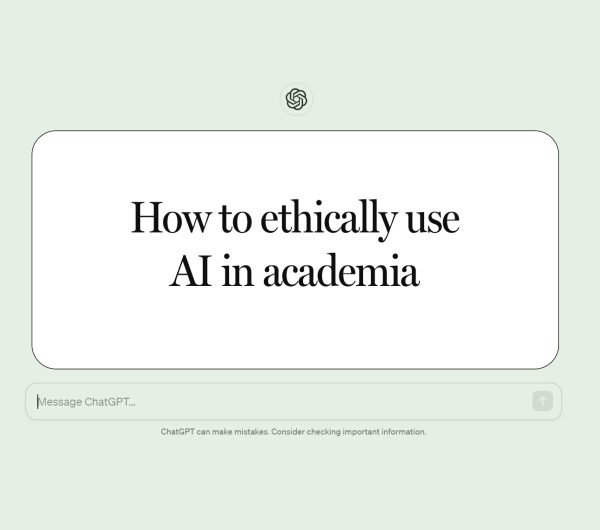In My Opinion: If you value the history of Catholicism, embrace free market economics
April 14, 2016
In last Tuesday’s debate on libertarianism and Catholicism, the Rev. Edward Vacek, S.J. pointed to a lack of solidarity for third world communities in Professor Walter Block’s writings. Block replied that libertarianism rather improves solidarity with a free enterprise system based on Austrian economics. At the heart of the Block-Vacek saga is the Catholic faith’s convergence with economic theory.
Lost on the minds of most followers of the Catholic faith is the Church’s previous stance on economic activity. The Church has traditionally focused on issues of pressing moral concern, abstaining from any claims of economic expertise.
A bulk of the minute amount of material that does exist on Catholic economics comes from a group of Catholic followers known as the Scholastics that wrote around the 13th and 16th to 17th centuries. The key Scholastics who made far-reaching contributions to economic studies were: Pierre Olivi, a Franciscan friar; Jean Buridan, French bishop; and St. Bernadine of Siena, who served as vicar general of the Franciscan Order.
Louis Molina’s writing Disputationes de Contractibus during the Renaissance singles him out from other Scholastic elements for its uncanny defense of liberty. Molina recognized the laws of supply and demand as they explained prices and the value of money. He further reported on how the injection of excessive specie into an economy results in a general inflation.
Olivi’s theological writings recognized that utility, or usefulness of a good or service, was mostly composed of subjectivity in the sense that the value of a good varied from individual to individual. Olivi’s thought are in line with Austrianism because the later places subjective valuation as a main principle of its teachings.
Then, Jean Buridan wrote that money should be seen as a marketable commodity. Anything that performs a function as money must have use as a physical good. Austrian economics stresses that monies such as gold had properties, e.g. shininess and malleability, that helped it serve as a medium of exchange.
St. Bernadine’s magnum opus, On Contracts and Usury, applies the scholastic theory that the “just price” theory to wages, since wages can also be thought of as prices. Ironically, members of the Jesuit Order such as Antonio Escobar (1589-1669) and cardinal Giovanni Battista de Luca carried on the thoughts of these revolutionary scholastics.
The standards set by Loyola as a Jesuit institution further the notion of duality between Austrian economics and Catholicism. Our own University Identity Statement stipulates “that with Jesus Christ as a model, everyone is called to compassionate action.” In a grandiose Jesuit society, “compassionate action” can only be achieved under conditions of voluntary exchange. According to Austrian economist Ludwig von Mises, economic systems tend toward one of two ways: socialism and the Austrian-supported capitalism.
Under socialism, government planners allocate resources as they deem most sufficient, leaving out any voluntary action on the part of its subjects. But in a capitalist society, buyers and sellers meet to exchange resources under their terms. Hence, the Austrian backing of capitalism helps Jesuits achieve the realization of “compassionate action” as only exchange free of coercion can be considered “compassionate.”
So, consider this a call to arms against the downplaying of a beloved academic school. The profession of economics as we know it is losing a group of theorists that cling to the values our country should hold dearly to. Will you spectate on the sidelines, or defend some of America’s finest social thinkers?
















